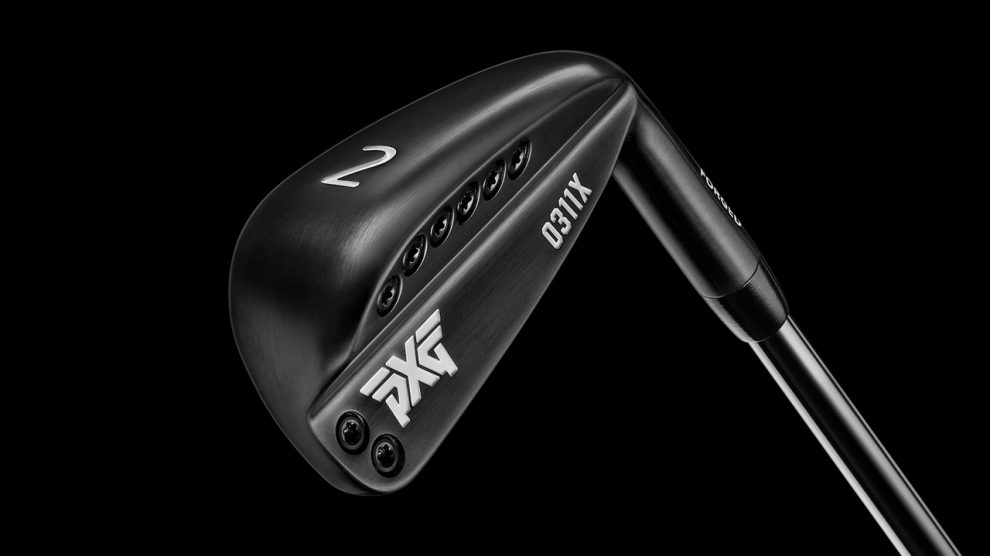TaylorMade Golf is turning the tables and the heat on Parsons Xtreme Golf (PXG), filing a countersuit against the rival equipment maker in response to PXG's initial suit alleging the design of TaylorMade's P790 irons infringe on patents related to their 0311 irons.
Back in September, PXG filed a lawsuit in federal court alleging the infringement on eight of their patents with TaylorMade's new iron offering. PXG asked for a temporary injunction preventing TaylorMade from being able to sell the irons while the case was heard. The judge presiding over the case rejected that motion, clearing the way for TaylorMade to sell the irons on their originally scheduled launch date.
In their 189-page countersuit, TaylorMade alleges PXG's irons, driver, fairway woods and hybrids collectively violate seven patents granted to the company from 2007-2016. In fact, the coutnerfiling goes so far as to ask the same Arizona federal court where PXG filed its suit to prevent PXG from selling most of its current products, including all the PXG 0311 irons and several PXG woods models, including the 0811 drivers and 0341 fairway woods.
PXG, now with new representation aligned to a potentially drawn-out, expensive case, has to respond to the claims, which racks up more in legal fees.
Further than the countersuit, TaylorMade's lawyers also have filed a motion to dismiss PXG's initial suit based on their claims that PXG has yet to "plausibly allege" TaylorMade violating any of the patents in question in the initial suit. The standard cited by TaylorMade's legal team suggests PXG's initial filing has to advance the argument from merely alleging an infringement is conceivable to detailing how it is plausible. TaylorMade's lawyers naturally do not believe this standard has been met. That's a likely stretch given the thousands of pages of documentation related to the initial filing, but the motion does gum up the case and requires more billable hours in response by PXG and its attorneys.
That's kind of the point here. In patent lawsuits, it is terribly difficult to prove infringement. Our patent system is flawed almost beyond repair, and patents are routinely issued which seemingly contradict others and could never be successfully defended in court. The end result, then, in many of these suits is a settlement, either when the attorney fees become far too high for one party or the rare likelihood of a sound defeat appears in the offing.
Either way, TaylorMade appears prepared to bring PXG deeper into the legal process.

